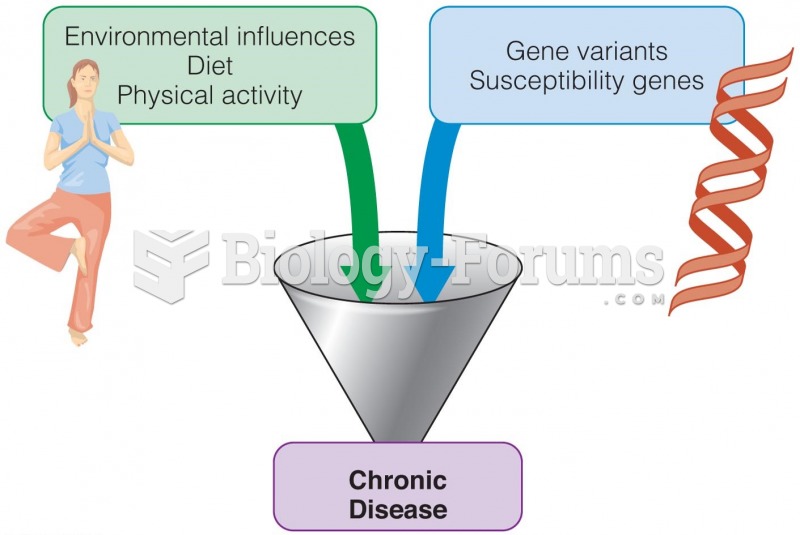Answer to Question 1
Proteins: The vegetarian needs adequate amounts of all the essential amino acids. Because proteins from animals contain ample amounts of the essential amino acids, the lacto-ovo-vegetarian can get a head start on meeting protein needs by drinking recommended amounts of milk daily or by consuming the equivalent in milk or egg products in the day's diet. Adequate amounts of amino acids can be obtained from a plant-based diet when a varied diet is routinely consumed on a daily basis. Mixtures of proteins from whole grains, vegetables, beans, nuts, seeds, nut butters, peas, and soy products (tofu, tempeh, veggie burgers) eaten over the course of a day complement one another's amino acid profiles so that deficits in one are made up by the assets of another
Fats: Intake of omega-3 fatty acids may not meet the recommended amounts. Fish, especially fatty fish, are good sources of DHA and EPA because the fish eat marine algae containing DHA and EPA. Additional sources include dairy products and DHA-fortified eggs. Vegetarian eating patterns that do not include consumption of these types of foods are especially lacking in these fatty acids. It is recommended that vegetarians include sources of omega-3 fats from ground flaxseed, flaxseed oil, canola oil, soy products, and walnuts. Incorporating foods that are fortified in omega-3 fatty acids, including algae-derived DHA, such as some brands of soy milk, orange juice, and breakfast bars is another option.
Vitamins: The lacto-ovo-vegetarian eating pattern can be adequate in all vitamins, but having adequate intake of some vitamins is a consideration in the vegan diet. One such vitamin is vitamin B12, which does not occur naturally in plant foods. Regular consumption of vitamin B12 fortified foods such as fortified soy and rice beverages, meat analogs and nutritional yeast is important to reduce the risk for deficiency.
Minerals: Iron and zinc need special attention in the diets of all vegetarians. Whole-grain products, soy foods, other legumes, dried fruit, nuts, and seeds are important sources of iron in the vegetarian diet. The iron in these foods, however, is not as easily absorbed by the body as that in meat. Because the vitamin C in fruits and vegetables can triple the absorption of the iron provided by other foods eaten at the same meal, vegetarian meals should be rich in foods offering vitamin C.
Zinc is widespread in plant foods, but its availability may be reduced by the fibers and other binders found in fruits, vegetables, and whole grains. Vegetarians are advised to eat varied diets that include wheat germ, legumes, nuts, pumpkin seeds, and whole-grain products. Milk, yogurt, and cheese provide zinc to the lacto-vegetarian as well.
Having an adequate amount of calcium is also important. Whereas the lacto-vegetarian will most likely meet his or her calcium needs through the consumption of dairy products, vegetarians and vegans must find other sources of calcium. Some good sources of calcium are regular servings of calcium-fortified breakfast cereals and juices; legumes; firm-style tofu made with calcium sulfate; other soy foods, including calcium-fortified soy milk; dried figs; some nuts, such as almonds; certain seeds, such as sesame seeds; and some vegetables, such as broccoli, collard greens, kale, mustard greens, turnip greens, okra, rutabaga, and Chinese cabbage (bok choy). The choices should be varied, because the absorption of the calcium provided by some of these foods is hindered by binders in them. The strict vegetarian is urged to use calcium-fortified soy or rice beverages, juices, or cereals in ample quantities.
Answer to Question 2
False







